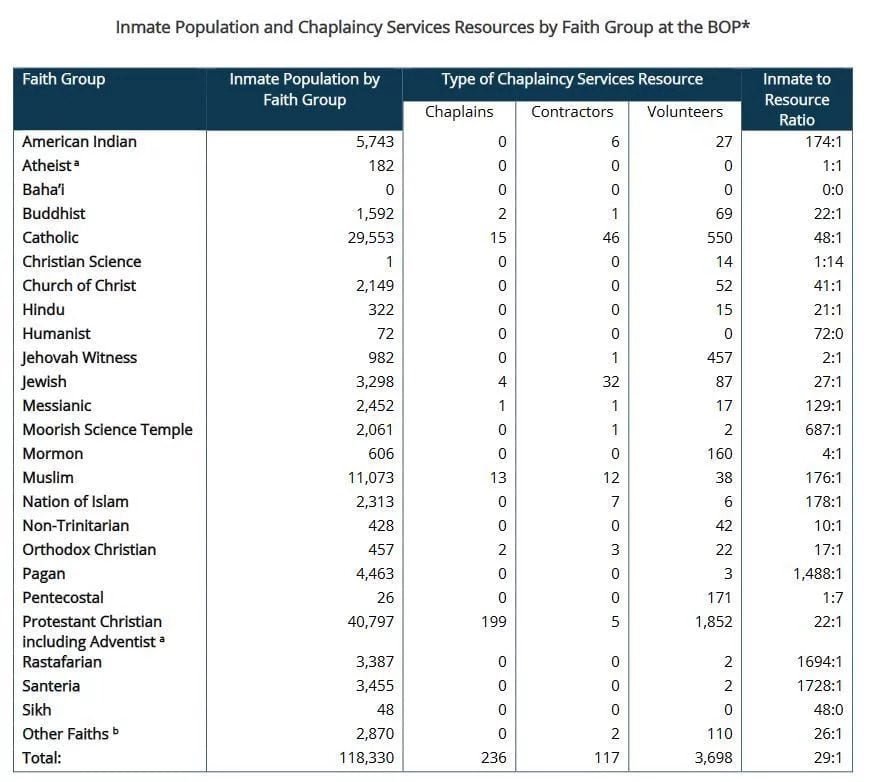
A common refrain from Evangelical zealots is that atheism leads to immoral, unethical behavior. (Please see Do Atheists Really Love to Wallow in Sin?) When asked for evidence to justify their claims, Evangelicals provide none outside of saying THE BIBLE SAYS! Back here in the real world, we expect facts and evidence to confirm the claim that atheism leads to immoral, unethical behavior; that atheists are more immoral and unethical than born-again Christians. Can atheists behave badly? Absolutely. However, their behavior is no different from that of Christian people. All of us are, drumroll please, human. And as humans, we are capable of good and bad behavior. Our goal (except for narcissists) is good behavior. As a humanist, I try to love my neighbors as myself. I try to do good works, treating others as I would want to be treated. Sometimes, I fail to live up to the humanist ideal. I can, at times, act badly. The arc of my life is towards kindness, decency, love, and goodness, and eating good food, but sometimes I can be an asshole. All I know to do is try again to be a better person. There is no God in Heaven or Devil in Hell. There is no sin or judgment, just good, bad, and indifferent behavior.
Yesterday, NPR published an article on the shortage of Muslim chaplains in federal prisons. What piqued my interest was a chart detailing the self-identified religious makeup of prisoners. What this chart made clear is that atheists are not the bad people Evangelicals claim they are.

Almost 71,000 out of 118,000 inmates identify as Roman Catholic or Protestant Christians. This chart also shows that Protest Christian — often Evangelical — clerics make up the vast majority of prison chaplains. This is true at the state, county, and local levels too. This should come as no surprise. Evangelical chaplains see prisoners as targets for evangelization; not all Evangelical chaplains, of course, but many of them do.
I spent countless hours “ministering” to prisoners at the Perry County, Ohio Jail, and Ohio state prisons. My goal was not evangelization. I chose, instead, to befriend prisoners. When I, along with another pastor, the late Larry Rue, pastor of Cornerstone Baptist Church in New Lexington, Ohio, showed up on Tuesday nights at the county jail, we were there to listen, not preach. Other churches would come to the jail, stand outside the cells, and preach at the men. The prisoners hated these churches. So Larry and I went into the cells, sat down, and talked with the men, listening to their stories, wants, and needs. (Beavis and Butthead was always on the TV when we were there.) Sure, if they asked questions about God, Jesus, or the Bible, we would try to answer them. And we would pray with and for the men. We never led anyone to Jesus at the Perry County Jail, but I like to think we showed these troubled, hurting men a different side of Christianity (I plan to write about my jail ministry experiences someday).
As this chart makes clear, atheists are not more likely to commit crimes. What the NPR story also made clear to me is that we atheists need to do a better job “ministering” to incarcerated atheists, agnostics, humanists, and other nonbelievers. The problem, of course, is that Protestant Christian clerics and ministries are often the gatekeepers in prisons. At our local jail, Corrections Center of Northwest Ohio (CCNO) — a multi-county facility, Evangelicals rule the roost. I plan on contacting the facility to see what opportunities atheists and humanists might have to help inmates (as chaplains and other religious people do). I previously held services and talked to inmates one-on-one at CCNO when I was pastor of Our Father’s House in West Unity, Ohio, from 1995-2002.
The complete U.S. Department of Justice, Office of Inspector General report can be found here. There’s a hilarious (and ignorant) footnote on the atheist group that says “According to the BOP [Bureau of Prisons], it considers atheist inmates to be represented by its chaplaincy because, as trained religious experts, the BOP’s chaplains of any faith could provide counsel to atheist inmates if needed.” And all the atheists said, BULLSHIT. Using this logic, Christian chaplains could provide counsel to Muslims. Just imagine an Evangelical chaplain “counseling” an atheist inmate. When I sought out a counselor a decade ago, I deliberately avoided Evangelical counselors. I knew their approach and counsel would be horribly skewed towards their religious beliefs. Fortunately, I found a secular counselor, one of the few in rural northwest Ohio.
Do you know of any atheist/humanist prison ministry? If so, please share their info in the comment section.
Bruce Gerencser, 66, lives in rural Northwest Ohio with his wife of 45 years. He and his wife have six grown children and thirteen grandchildren. Bruce pastored Evangelical churches for twenty-five years in Ohio, Texas, and Michigan. Bruce left the ministry in 2005, and in 2008 he left Christianity. Bruce is now a humanist and an atheist.
Connect with me on social media:
Your comments are welcome and appreciated. All first-time comments are moderated. Please read the commenting rules before commenting.
You can email Bruce via the Contact Form.
